What is Collagen?
Just like hyaluronic acid, many of us have heard the buzz around the benefits of collagen for the body and overall skin health. We know that it can be an important addition to any wellness routine but what is it and where does it come from?
Being the most abundant complex protein in the human body, collagen makes up about 30% of the body's total protein content. It is made up of amino acids, primarily glycine, proline, hydroxyproline, and arginine and these amino acids are essential for maintaining the strength and elasticity of connective tissues throughout the body. As a whole, it plays a crucial role in providing structure and support to various tissues, including skin, bones, tendons, and ligaments.
When it comes to skin health, collagen is essential for maintaining the integrity of the skin. This means collagen is responsible for helping to keep skin firm, smooth, and hydrated. It also plays a vital role in supporting the structure of bones and joints, contributing to overall mobility and flexibility.
As we age, the body's natural collagen production begins to decline. This can lead to the visible signs of aging such as wrinkles, sagging or sallow skin as well as joint pain. There are many other factors beside natural aging that can accelerate this process including UV exposure, smoking, consuming a poor diet and chronic stress which can alter the production and degradation of collagen and elastin in the body.
According to Cleveland Clinic, there are 5 main types of collagen that support our overall body health.
- Type I: Makes up 90% of your body’s collagen, is densely packed and used to provide structure to your skin, bones, tendons and ligaments.
- Type II: Found in elastic cartilage, which provides joint support.
- Type III: Found in muscles, arteries and organs.
- Type IV: Found in the layers of your skin.
- Type V: Found in the cornea of your eyes, some layers of skin, hair and tissue of the placenta.
The primary source of external collagen is animal tissue, particularly the skin, scales, bones, and connective tissues of animals such as fish, cows, pigs and chickens. These tissues are rich in collagen fibers, which can be extracted and processed to create the many collagen supplements we see on the market today.
Marine collagen is most beneficial for our bodies as it a bioavailable Type 1 collagen with easy absorption whereas bovine collagen is rich both in Types I and III. In addition to being naturally rich in hyaluronic acids, making and incorporating bone broth into your weekly cooking ritual is a great way to consume necessary collagen for overall skin and body health.
When it comes to plant-based alternatives for this type of protein, it is important to know that they do not actually contain collagen. They are created using ingredients like fruits, vegetables and seeds that work to promote the production of collagen within the body but this unique amino acid combination does not naturally occur in plants, only animals.


